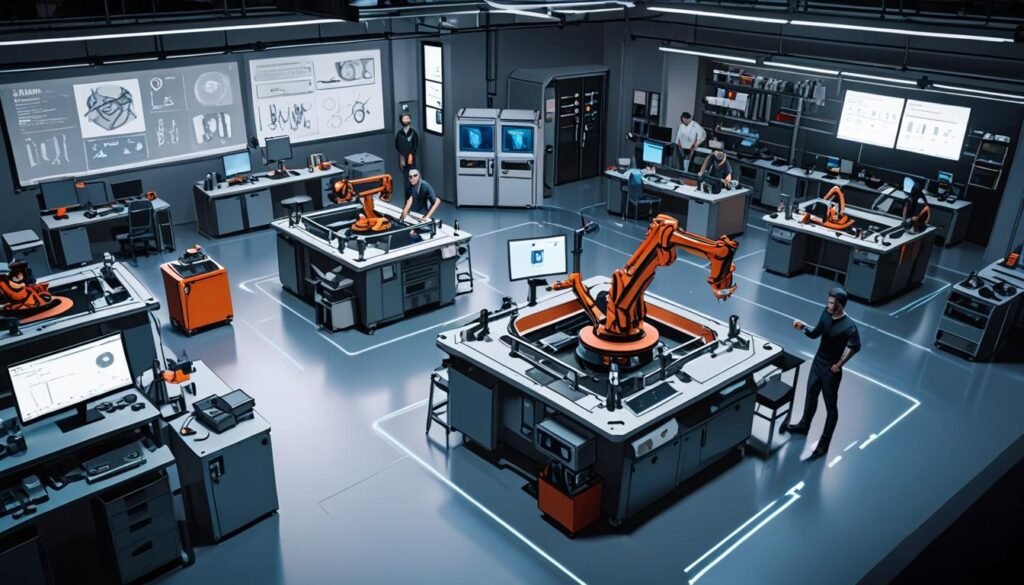**Berlin**: A new partnership between Daimler Truck, 3D Systems, Oqton, and Wibu-Systems aims to revolutionise spare part production, cutting delivery times by 75 per cent through decentralised manufacturing and advanced digital rights management, enhancing supply chain efficacy for commercial vehicle companies.
A new collaborative endeavour has emerged between Daimler Truck, 3D Systems, Oqton, and Wibu-Systems aimed at revolutionising spare part production through an innovative remote solution. This initiative is particularly pertinent in the context of supply chain digitization and the evolving landscape of supplier relationship management (SRM).
The coalition plans to empower Daimler Buses-certified 3D printing partners to manufacture spare parts on demand, effectively addressing prevalent supply chain bottlenecks. By implementing this solution, delivery times are projected to be reduced by an impressive 75 per cent. Additionally, safeguards are in place to protect Daimler Buses’ intellectual property through robust digital rights management practices.
Central to this initiative is the synergy of expertise from 3D Systems in 3D printing technology, combined with Oqton’s software capabilities and Wibu-Systems’ intellectual property management technology. Together, they will facilitate local manufacturing of spare parts for various applications, including underhood components and cabin interior parts such as pins, covers, and inserts.
The advance in SRM is set to allow service partners to bolster flexibility and operational efficiency. The pronounced reduction in time before parts are available is expected to yield significant indirect cost savings for commercial truck, bus, and touring coach companies by minimising vehicle downtime during maintenance.
“The Digital Rights Management enables us to shorten service times through decentralised production in order to further maximise productivity and revenue for commercial vehicle companies,” stated Ralf Anderhofstadt, head of the centre of competence for additive manufacturing at Daimler Truck and Buses. He further remarked on the vehicle production dynamics, saying, “In addition, the sensible use of industrial 3D printing results in reducing the complexity in the supply chains.”
Through its collaboration with 3D Systems, Oqton, and Wibu-Systems, Daimler Truck aims to reach a significant milestone in the evolution of decentralised 3D printing production.
Service providers looking to join Daimler Buses’ network of 3D printing certified partners can obtain a license for 3DXpert via Daimler Buses’ Omniplus 3D-Printing License eShop. This licensing model allows partners to decrypt design files necessary for specific repairs and produce only as many parts as required. Currently, the 3D print process employs the 3D Systems’ SLS 380 model, but plans are in place for future compatibility with a range of 3D Systems’ polymer and metal printers.
“By commercialising this digital service solution, Daimler Buses is not only adopting a new technology; they’re fundamentally reshaping the supply chain for greater resilience and efficiency,” commented Jaime Garcia, additive solutions manager for automotive and commercial transportation at 3D Systems. He expressed optimism about future developments, noting, “I look forward to seeing how the capabilities grow as we add other polymer as well as metal 3D printers in the future.”
This venture underscores the pivotal role of supplier relationships in the success of digital transformations within the manufacturing and transportation sectors, highlighting how strategic partnerships can enhance supply chain effectiveness and drive revenue growth.
Source: Noah Wire Services





